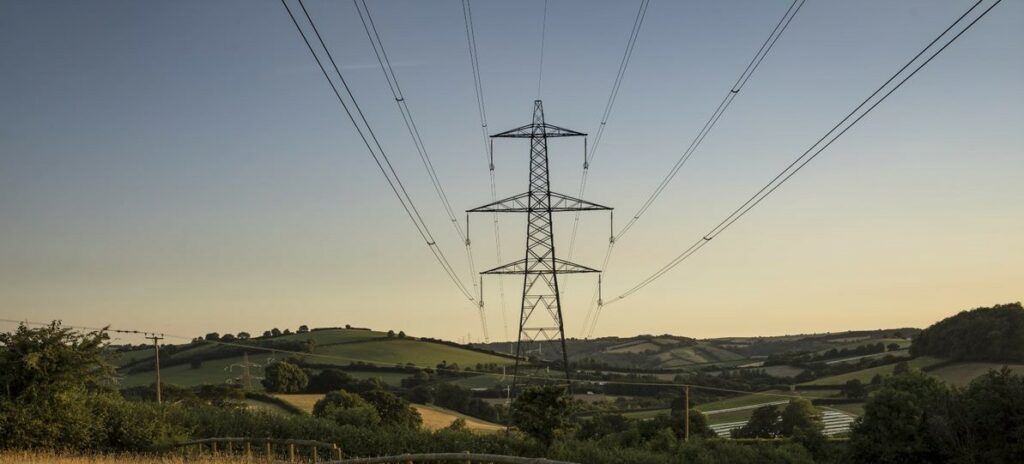Ofgem CEO Jonathan Brearley has written to all energy suppliers warning that they must learn their lessons from the energy crisis and “act in the interests of their customers” instead of dividends.
In a statement released today (4 July), the energy regulator stated that it “expects suppliers to act responsibly and in the interests of their customers and will act to amend the price cap rate and methodology to ensure that it continues to fairly reflect costs as market conditions change”.
Brearley also outlined his intention to enforce this. In the letter, he stated that Ofgem will be “ready to act against suppliers” that do not yet have sufficient capital if they use profits for paying dividends above recapitalising.
This calls suppliers to instead use profits to support customers as opposed to paying out shareholders.
This letter comes as current forecasts see energy prices reducing steeply in comparison to the prices witnessed throughout 2022 at the peak of the energy crisis. This stabilisation of energy prices can be reflected in Cornwall Insight’s latest price cap prediction for Q4 2023.
Cornwall Insight decreased the forecast of energy prices per year for a typical household from £1,978.33 to £1,871.28 in Q4 2023 for electricity and from £2,004.4 to £1,900.52 for gas in Q1 2024.
Despite the welcome decrease, it is important to note that energy prices remain significantly higher than pre-pandemic levels.
In Ofgem’s statement, it said that as prices come down and profits return, it expects suppliers to act responsibly and in the interests of their customers. Ofgem will also act to amend the price cap rate and methodology to ensure that it continues to fairly reflect costs as market conditions change.
“An energy sector where companies can make a reasonable profit is important to create a sustainable and competitive market for consumers. However, a return to the practices we saw before the energy crisis isn’t on the table – suppliers must reciprocate the support the sector was given by consumers and taxpayers when wholesale prices increased by behaving responsibly as prices fall and profits return,” said Brearley.
“The energy market has changed. Ofgem has introduced major changes to the market, and we need suppliers to learn the lessons of the energy crisis and play their part by making sure they’re financially robust, can absorb potential losses and are meeting our new capital requirements. I expect no return to paying out dividends before a supplier has met those essential capital requirements.
“We will closely monitor the situation, including to make sure that the market is operating competitively on price alongside customer service and innovative products, and to make sure that suppliers are meeting their obligations to the most vulnerable.”
Ofgem has additionally outlined a number of other measures aimed at tackling financial stability and profits. These include reassessing the costs and benefits of the ban on the “acquisition only” tariffs, reviewing operating costs, which form a significant component of standing charges, and expecting suppliers to resource themselves appropriately to meet their obligations on government schemes such as the smart meter rollout and ECO home insulations.
A number of energy suppliers have released statements regarding the Ofgem letter. One of which is Octopus Energy who was keen to highlight that despite decreasing energy costs, this coming winter could still be challenging.
Greg Jackson, CEO and founder of Octopus Energy Group, said: “Ofgem’s price cap has been critical in protecting consumers in the crisis and ensuring falling costs get passed on to customers. The coming winter could still be challenging, and we want Ofgem to keep the price cap as low as possible by resisting pressure to increase it.”
So Energy also highlighted issues with the existing price cap regime. Simon Oscroft, co-founder of So Energy, said: “Fundamental regulatory reform of the retail market is needed to reflect the new normal we now find ourselves in.
“The existing price cap regime is not fit for purpose. The price cap is too unwieldy and inflexible, making it harder for the suppliers left in the market to offer sustainably priced competitive tariffs. There also needs to be permanent protection for those customers most in need. That’s why we are calling for a social tariff to protect the ~10m customers on means tested benefits.
“Alongside this we need Ofgem’s ban on acquisition-only tariffs to remain in place. We need a fair market, and not a market that penalises customer loyalty, and incentivises suppliers to price cheap teaser tariffs at financially irresponsible levels.”





